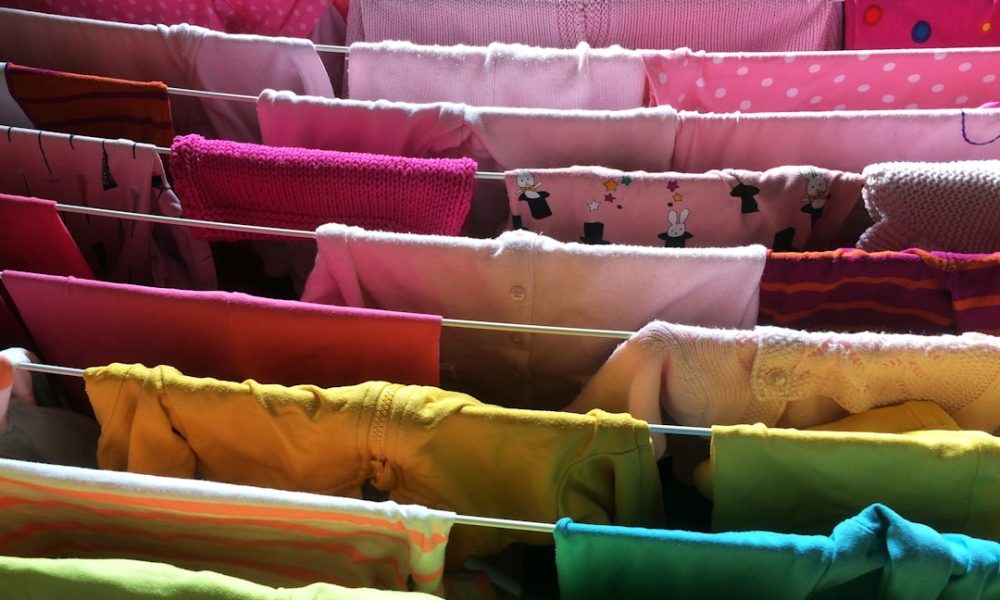How Often Bedding Should Be Washed
Key Takeaways
- Sheets and Pillowcases: Wash weekly; every 3-4 days if you have pets, allergies, or sweat excessively.
- Duvet Covers: Wash every 2 weeks to 1 month.
- Comforters and Blankets: Clean every 2-3 months if they contact skin directly.
- Pillows: Wash every 4-6 months or dry clean twice yearly.
- Using protectors reduces wash frequency, saving energy and water.
Knowing how often to wash bedding is essential for a clean, healthy, and comfortable sleep environment. Here’s everything you need to know to keep your bed fresh, hygienic, and inviting.
Why Washing Bedding Regularly Matters
Understanding how often to wash bedding is more than just about cleanliness—it impacts your health, skin, and sleep quality. Every night, your body sheds millions of skin cells, while sweat and natural oils accumulate on your sheets. These factors create the perfect environment for dust mites, allergens, and bacteria to thrive, which can cause irritation, acne flare-ups, or even respiratory issues for sensitive individuals.
Regularly washing your bedding reduces these risks and ensures a fresher, more comfortable sleeping surface. Research indicates that unwashed sheets can harbor up to 10 million dust mites, and washing weekly helps reduce this buildup dramatically. Fresh bedding not only smells pleasant but also promotes better sleep hygiene, which can enhance the quality of your rest and overall well-being.

How Often to Wash Pillowcases and Duvet Covers
Pillowcases and duvet covers directly interact with your face and body, making frequent washing crucial. According to Real Simple’s guide on bedding care, you should wash pillowcases weekly to eliminate sweat, saliva, and bacteria. Duvet covers can be washed every 2 weeks to 1 month. For allergy sufferers or people with oily skin, washing pillowcases more frequently is recommended to keep bacteria levels low.
| Bedding Item | Washing Frequency |
|---|---|
| Pillowcases | Weekly or every 3-4 days |
| Duvet Covers | Every 2 weeks to 1 month |

How Often to Wash Quilts, Pillows, and Mattress Toppers
While these items don’t need weekly washing, they still harbor allergens and body oils. Experts at FL&DB’s bedding blog recommend cleaning quilts, pillows, and mattress toppers every 2-3 months. Always check care labels, as natural fillings may require special handling or professional cleaning. Using pillow and mattress protectors can significantly reduce dirt buildup and extend the time between washes.
- Use mild detergents and gentle cycles for delicate fabrics.
- Dry thoroughly to prevent mold growth.
- Spot-clean between washes to maintain freshness.

Stretching the Time Between Washes
Want to reduce how often to wash bedding without sacrificing hygiene? Follow these practices:
- Shower before bed to reduce sweat and dirt transfer.
- Avoid eating in bed to prevent crumbs and spills.
- Remove makeup before sleeping to keep pillowcases clean.
- Rotate and change sheets regularly, even if not washing them immediately.

The Environmental Impact of Washing Bedding
Frequent washing consumes significant water and energy. By spacing out how often to wash bedding while maintaining good hygiene, you can cut energy bills and reduce your carbon footprint. According to Rest.com’s ultimate guide to bedding care, air-drying sheets and using cold water cycles further minimize environmental impact.
Did you know that a single hot water laundry cycle can consume up to 40 gallons of water? By washing bedding only when needed and opting for energy-efficient cycles, you can make your laundry routine more eco-friendly while still maintaining a healthy sleep environment.
Sleep Foundation and WebMD offer more advice on eco-friendly laundry practices.

Knowing how often to wash bedding creates the perfect balance between hygiene, comfort, and sustainability. By following expert schedules and adopting smart habits, you can enjoy cleaner, healthier sleep.
FAQ
- How often should I wash my bed sheets?
- Wash bed sheets weekly to remove dust mites, dead skin, and bacteria.
- Do pillows need frequent washing?
- Pillows can be washed every 4-6 months if covered with pillow protectors.
- What’s the best way to wash duvet covers?
- Wash every 2-4 weeks with mild detergent on a gentle cycle, and air dry if possible.
- Can I stretch the time between washes?
- Yes, by showering before bed, avoiding food in bed, and using protective layers.
Learn more in our guide on bedding hygiene and eco-friendly bedding care.
About the Author
Joseph Rett is the founder of Cozy Bed Quarters, a Phoenix-based sleep and bedding resource. With years of experience researching sleep science and bedding products, Joseph helps people create comfortable, sustainable sleep spaces. Living in Arizona’s desert climate has given him unique insights into temperature-regulating bedding and cooling sleep solutions.























